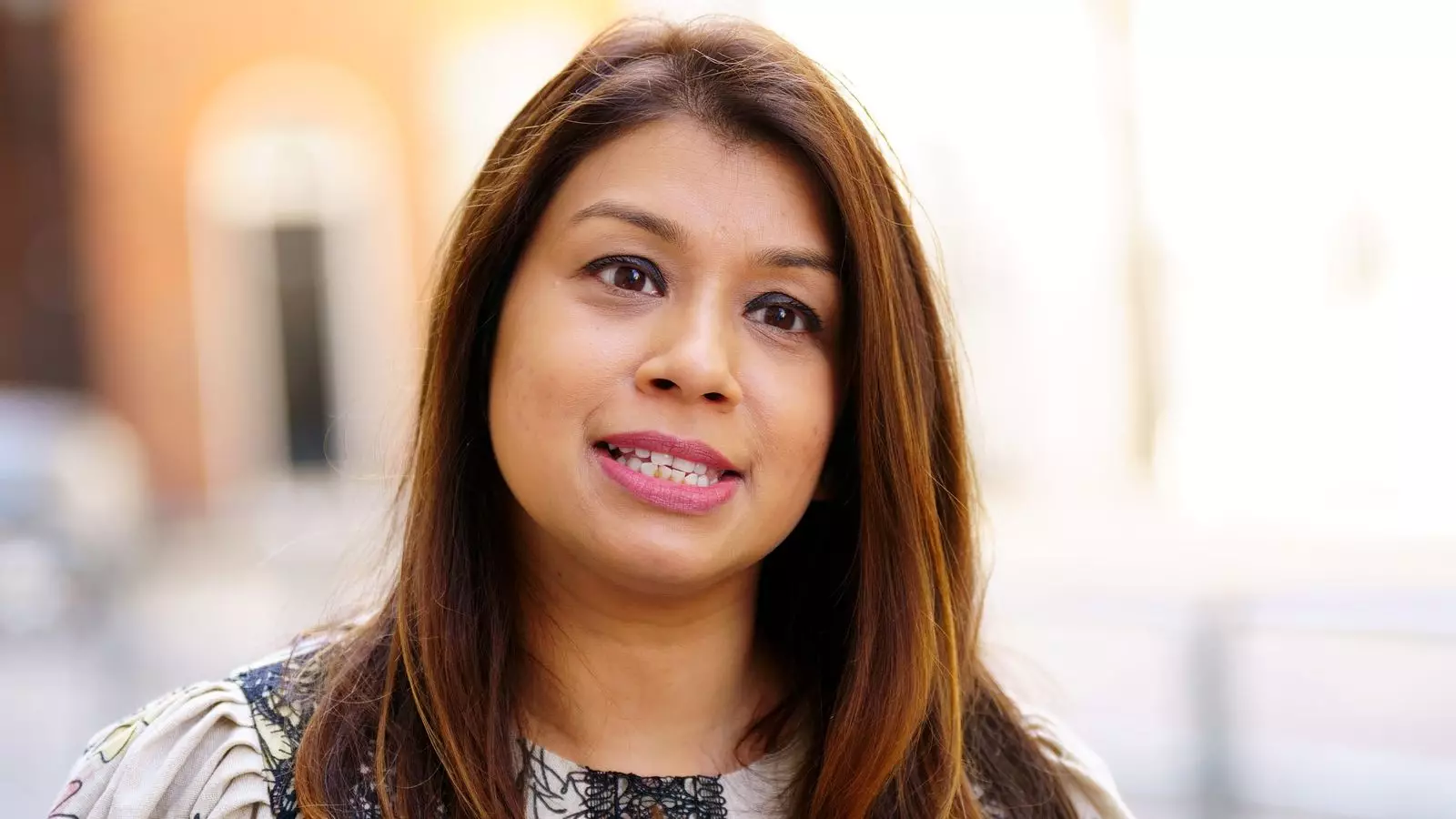The political landscape in Bangladesh has become increasingly fraught with allegations of corruption, especially surrounding figures within the Awami League party. One of the most prominent figures at the center of these recent investigations is former anti-corruption minister Tulip Siddiq. Following her resignation, Siddiq has been implicated in a third inquiry focused on money laundering and the misuse of political power. This article aims to provide a comprehensive analysis of the ongoing situation, highlighting the investigations against Siddiq and the broader implications for Bangladeshi politics.
The Anti-Corruption Commission (ACC) of Bangladesh has officially announced a new investigation into Tulip Siddiq and her uncle, Tarique Siddique, over allegations concerning money laundering, power misuse, and the illegal occupation of government properties. This marks the third inquiry into her actions, raising significant concerns about her financial dealings and political connections. According to Akhtar Hossain, the ACC’s director general, the commission may reach out to UK authorities for additional information. This indicates a potential international dimension to the investigations, as properties linked to Siddiq in London are scrutinized for ties to government misappropriation back in Bangladesh.
Siddiq’s resignation as anti-corruption minister occurred just hours before the announcement of the latest inquiry, suggesting an acute awareness of the potential fallout from ongoing investigations. Notably, her past association with Sheikh Hasina—Bangladesh’s ousted prime minister—complicates the allegations. Was Siddiq an unwitting participant in a corrupt system, or was she an active beneficiary of her aunt’s regime?
The backdrop to Siddiq’s resignation and the investigations is a tumultuous political environment in Bangladesh. Following her aunt Sheikh Hasina’s resignation amid significant protests and accusations of corruption, the interim government, led by Nobel laureate Muhammad Yunus, has vowed to investigate individuals tied to the previous administration. This new government aims to restore public trust by cracking down on those accused of financial malpractice. As part of this initiative, Yunus has explicitly called for a thorough examination of properties and assets that may be linked to the corruption of the past.
The investigations have sparked intense scrutiny not only of Siddiq but of the broader political network within the Awami League. The persistence of corruption allegations serves as both a reflection of the systemic issues within the governance of Bangladesh and a reminder of the fragility of political power.
Responses to the allegations against Siddiq have varied significantly. A spokesperson for Siddiq has firmly denied the allegations, asserting that no evidence has surfaced to substantiate claims of wrongdoing. Furthermore, it has been emphasized that Siddiq has not been contacted regarding these investigations, implying that the inquiries could be politically motivated rather than based on substantial evidence. In contrast, some political figures, including Yunus, have taken a firmer stance, urging accountability and the return of assets acquired through alleged corruption.
Yunus’ remarks criticizing Siddiq’s apparent oblivion to the sources of her London properties have intensified the scrutiny on her. He emphasized that even if Siddiq did not initially comprehend the implications of her wealth derived from Bangladeshi resources, she must now acknowledge the reality.
The situation surrounding Tulip Siddiq illustrates the delicate balance between political power and public accountability in Bangladesh. As investigations unfold, the consequences could reverberate beyond Siddiq, potentially affecting the broader political landscape and public perceptions of governance in Bangladesh.
The future for Siddiq appears uncertain. If the allegations are substantiated, they could redefine her political legacy and further entrench the narrative of corruption associated with the Awami League. Conversely, if exonerated, it may shed light on the intricacies of political maneuvering in a country grappling with its institutional integrity. As the story develops, it will be fascinating to observe how Siddiq, the ACC, and the interim government navigate this complex web of allegations, accountability, and political survival.


Leave a Reply